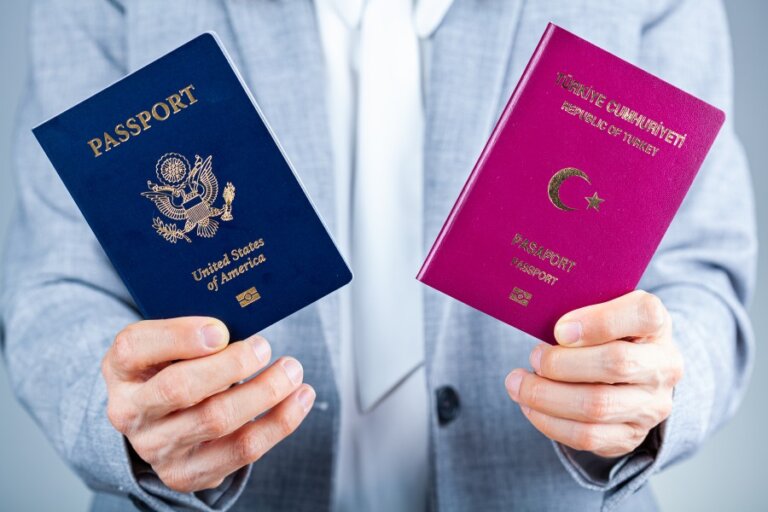Dual nationality jurisdiction is a critical component of international arbitration and a doctrine currently sparking many debates among legal scholars and arbitrators. It is essential to understand the mechanism of the “predominant test” or the “dominant and effective test” and how it applies to the International Centre for Settlement of Investment Disputes (ICSID). This blog post will explain the legal basis for dual nationality jurisdiction and how it is applied in international arbitration.
The Predominant Test Defined
The predominant test was codified in the ICSID Convention, which states that if a dispute involves nationals of two different countries, both parties must be “predominantly of one nationality” to fall under ICSID jurisdiction. In other words, each party involved in an investment dispute must have a clear majority of their nationalities tied to just one country. This means that even if someone holds dual citizenship—i.e., they hold citizenship in more than one country—they can only be considered part of one nation when it comes to ICSID jurisdiction.
Reasons Behind This Test
The main reason why this rule exists is because it helps ensure that both parties are bound by the same set of laws and regulations when resolving their disputes through arbitration. Since different countries have their laws and regulations governing investments, it would be difficult to resolve disputes if each party is subject to different sets of rules depending on which country they ultimately chose as their primary nationality. Thus, requiring all parties to predominantly originate from one country helps ensure that all applicable laws will always apply uniformly across all parties involved in any given case.
Conclusion:
Overall, understanding the predominant test is essential for anyone engaging in international arbitration through ICSID or any other similar institution. By requiring both parties to originate predominantly from one country, it helps ensure uniformity and fairness throughout each case while preventing potential conflicts from arising due to differences between laws and regulations between multiple countries. Ultimately, this helps provide a level playing field during international disputes while protecting investors from potentially ambiguous or unfair outcomes due to differing regulations between countries where they may have ties through dual nationality status or otherwise.


